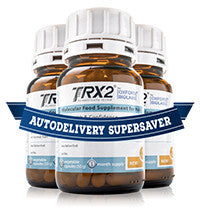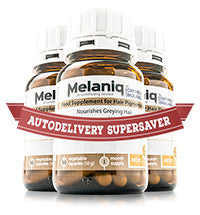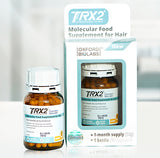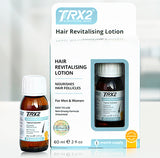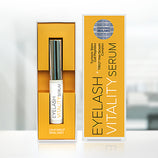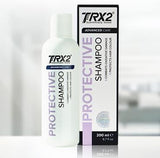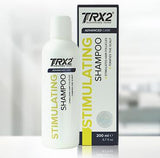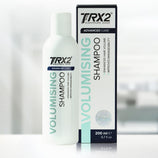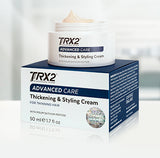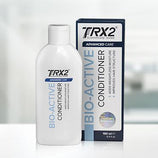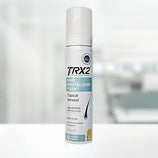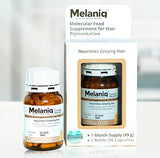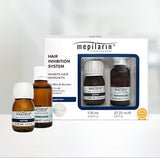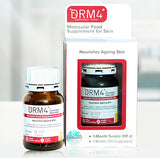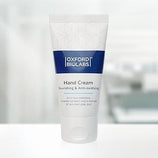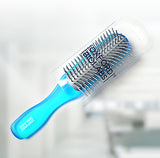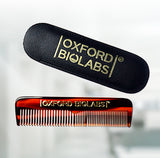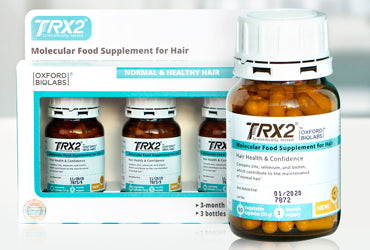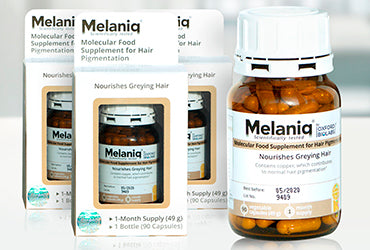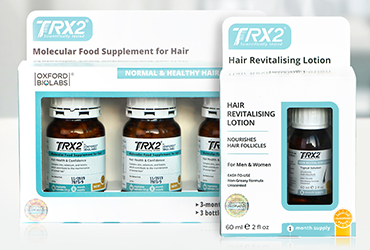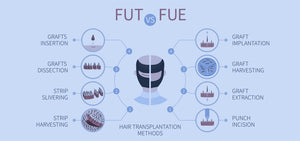People move to bigger cities in search of opportunities, and those cities grow in population at a rapid rate. They have become accustomed to living and working in closed, artificially controlled air environments with modern heating and cooling units. And because of stress, high workload and other issues, some people are forced into vices such as
smoking and drugs.
Because our skin and hair are the first to receive the bombardment of chemicals, pollution, heat and cold, they succumb to damage, which leads to dry, wrinkly skin and brittle, thinning hair.
There have been numerous studies looking into the effects the environment has on hair loss and it is now a well-established fact that depending on where one lives, the damaging effects can be devastating.
How air and water affect hair
Large cities are plagued by pollution from cars, factories, burning fossil fuels, and a host of other sources. The dark, poisonous and hair-damaging smog hangs like a dark cloud overhead.
Studies have shown that airborne pollution causes oxidative stress, in other words, the body’s inability to detoxify free radicals with antioxidants. This leads to increased hair shedding.
Eventually, the air particles, dust, and soot make their way into the water cycle through rainfall. Pollutants in surface and groundwater combined with other minerals, like those in hard water, cause dryness, breakage and thinning of hair follicles.
Pollution has also been linked to oily, itchy scalp, and dandruff, which are fairly common symptoms for the average person. Whilst there could be a much simpler explanation, it’s important, especially if one lives in a large industrial city, to keep in mind that pollution may be the root cause. This irritation, if left unnoticed or improperly treated, may even lead to permanent hair loss.
Reducing effects air/water pollution has on hair:
- Wear a hat or covering your hair when outdoors
- Wear a swim cap in chlorine pools
- Avoid using oily hair products as they can cause air particles to stick to hair
- Soften water with a purifier or naturally with vinegar or lemon juice
- Avoid contact with rainwater/acid rain
How hot and cold environments affect hair
Living in a humid or dry environment can make hair loss more severe by drying out hair and making it more brittle. At the extreme end, scalp sunburn can in some cases do irreversible damage to hair follicles, causing permanent hair loss. As we highlighted in our article on
the effect of UV rays on hair, ultraviolet rays can damage proteins in hair.
Cold and damp climates can also have a negative effect on hair, not only through the immediate drying effects they have, but also the fact that people living in cold climates often wear hats. The friction between hats and hair may cause breakage.
The comforts of modern living that people enjoy like heating and air conditioning also contribute to dry and brittle hair. Air conditioning in particular sucks the moisture out of the air, but obviously going without the air conditioning can make life unbearable, so hair care is important.
Reducing effects cold/hot environments have on hair:
- Wear a head scarf, hat, or other head covering
- Use sunscreen for hair
- Reduce friction in cold climates with a light scarf under hats
- Employ full climate control with humidifier when using air conditioning
How toxic heavy metals and other chemicals affect hair
Heavy metals can be ingested, inhaled or absorbed through the skin. Lead, cadmium, mercury, iron, aluminum and copper are the most common causes of heavy metal poisoning that lead to hair loss. Working and living conditions, such as chemical factories, industrial zones, and disaster areas can be contaminated, causing damage to health. These metals affect hormone levels, deprive the hair of nutrients, and can damage hair follicles.
Chemicals, like pesticides, chemotherapy drugs, formaldehyde, and benzene may also cause hair loss.
Reducing effects toxic metals and chemicals have on hair:
- Change workplace or living conditions
- Chelation therapy (in cases of toxic metal poisoning)
- Detoxification therapy
Some general tips for reducing effects of environmental factors:
- Use natural, high-quality cosmetic products and treatments
- Moisturise, shampoo, and condition
- Eat a balanced and nutritious diet high in antioxidants
- Use TRX2® to protect hair follicles from inside and outside.
